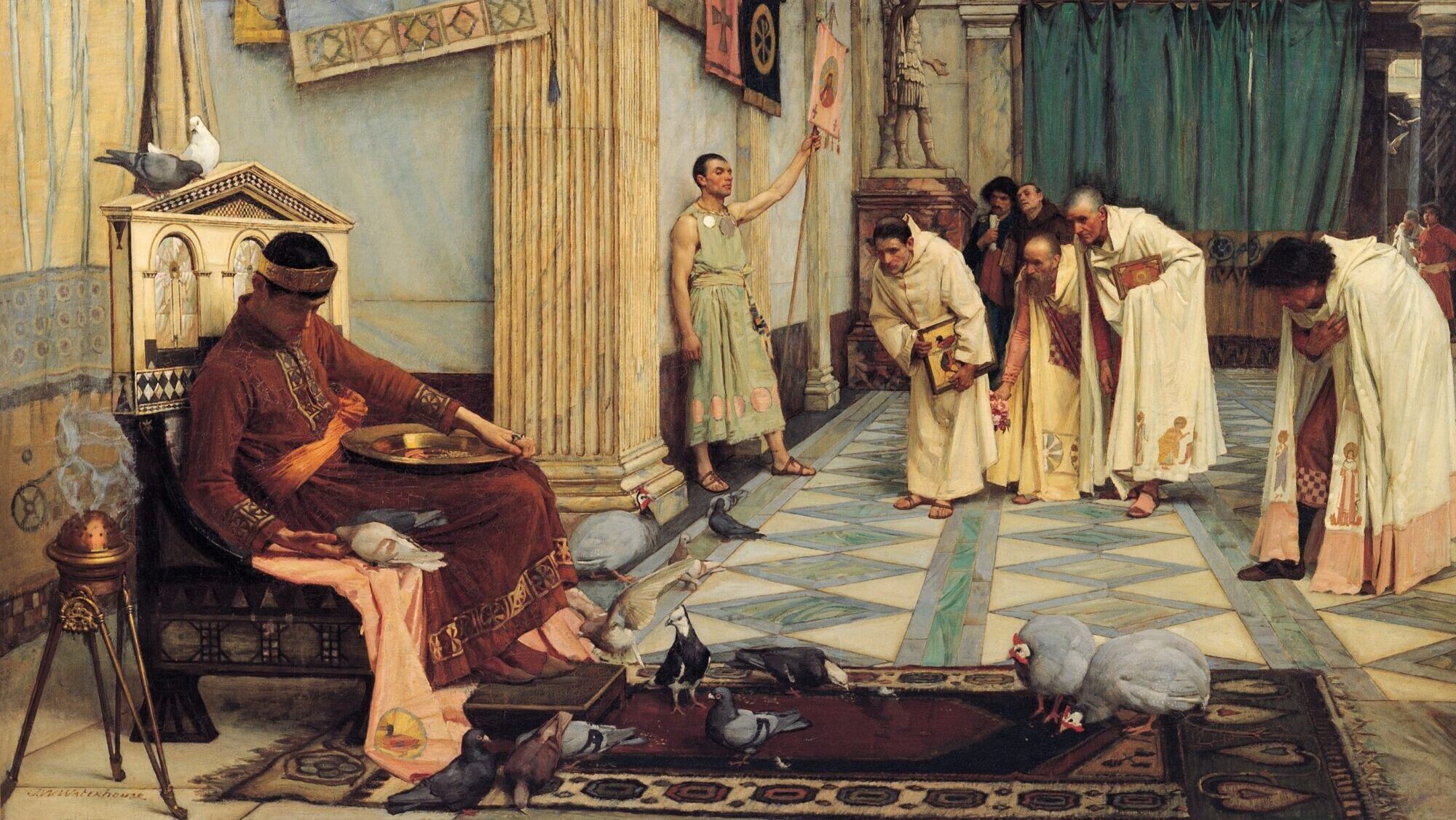
The Freefall of An Empire
Can a peaceful Europe be achieved by mimicking an American empire that seems increasingly hostile to itself and its friends?

Can a peaceful Europe be achieved by mimicking an American empire that seems increasingly hostile to itself and its friends?

Europe was from the beginning more than the Continent that bears that name.

Elites are turning on their own ‘core demographic’—even as Western working and middle classes are being pushed into rebellion.

Alternate histories, by showing what could have been—and might yet be—treat the past as a traversable terrain.
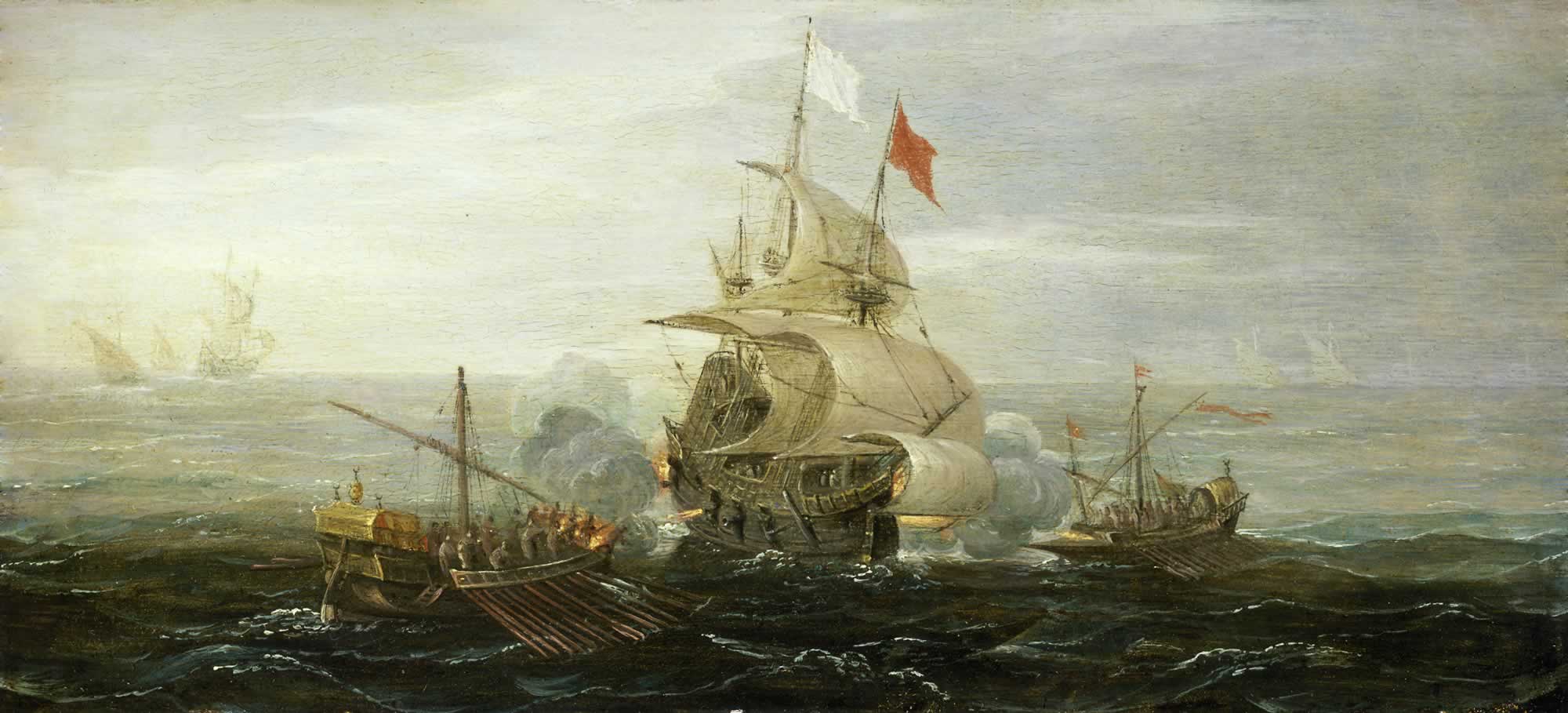
There is a lot of really cheap thought flying around today in academic, media, and government industries dealing with political history. One of the chief tenets is that of the intrinsically evil nature of European colonization of much of the world.
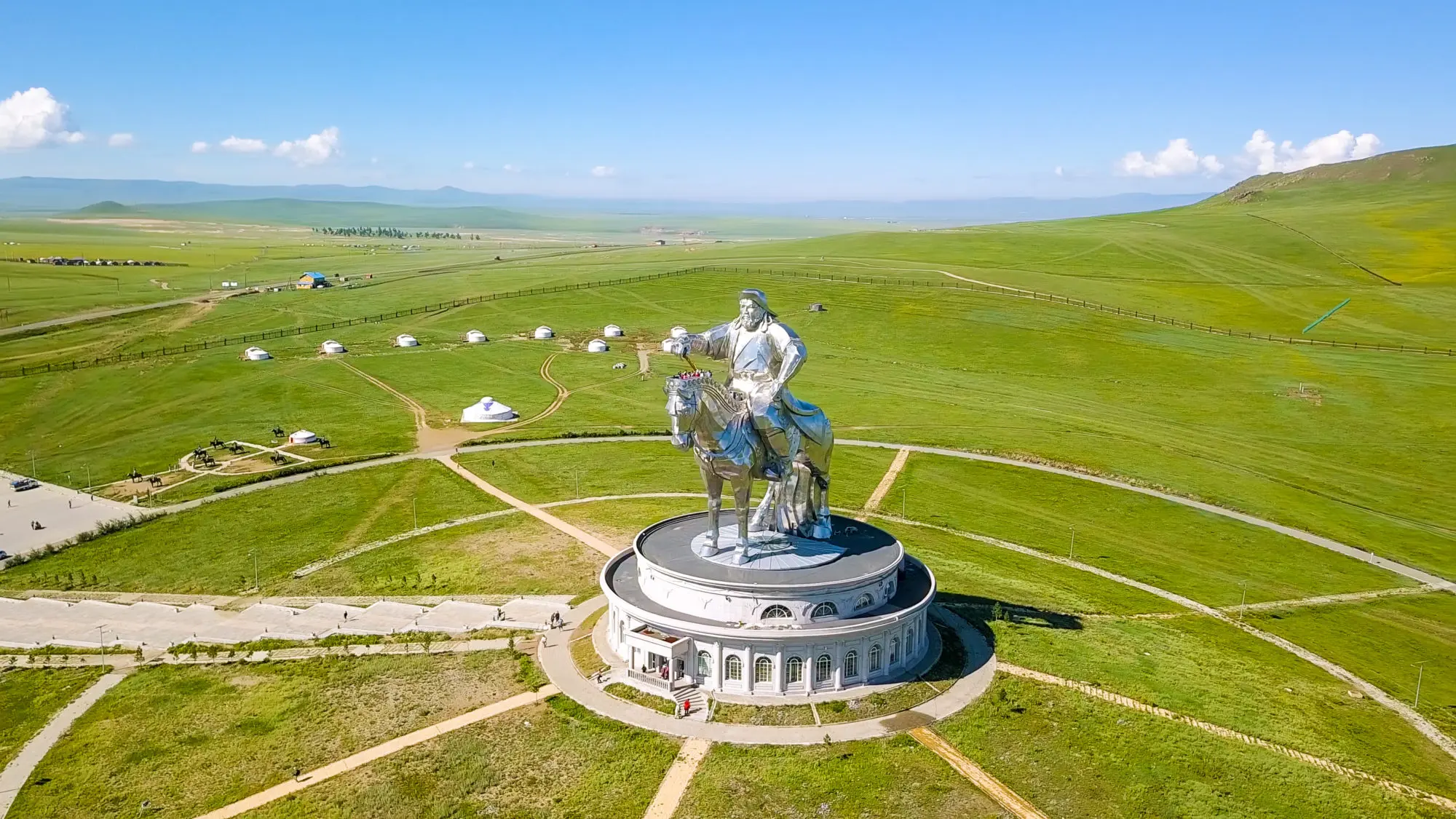
The fruits of conquest—even when sown by a vicious desire for profit or punishment—can, in time, be conquered by the conquered, turned to the advantage of a besieged people. The debt of European modernity to Mongolian expansion illustrates this.
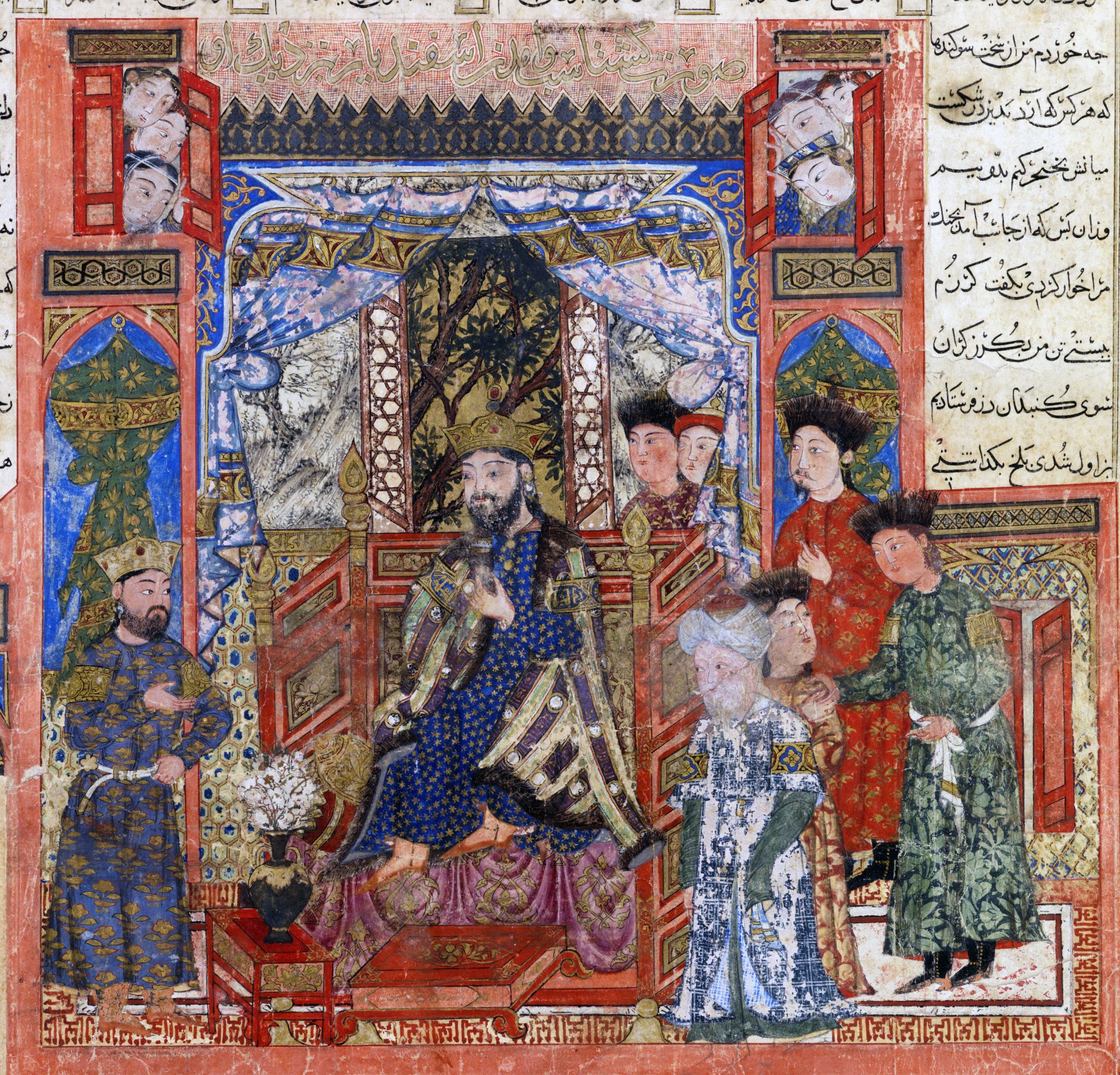
It was with Kublai Khan that the Mongol experiment would find its highest expression. He neither replaced nor remained apart from Chinese culture; he made it the center of his political project and offered China a national state.

Understanding how the fortunate fall leads to a different conception of universal order—and how it might allow for distinct and interpenetrating spheres—should inform conservative thinking about transnational cooperation and the shape world order ought to take today.
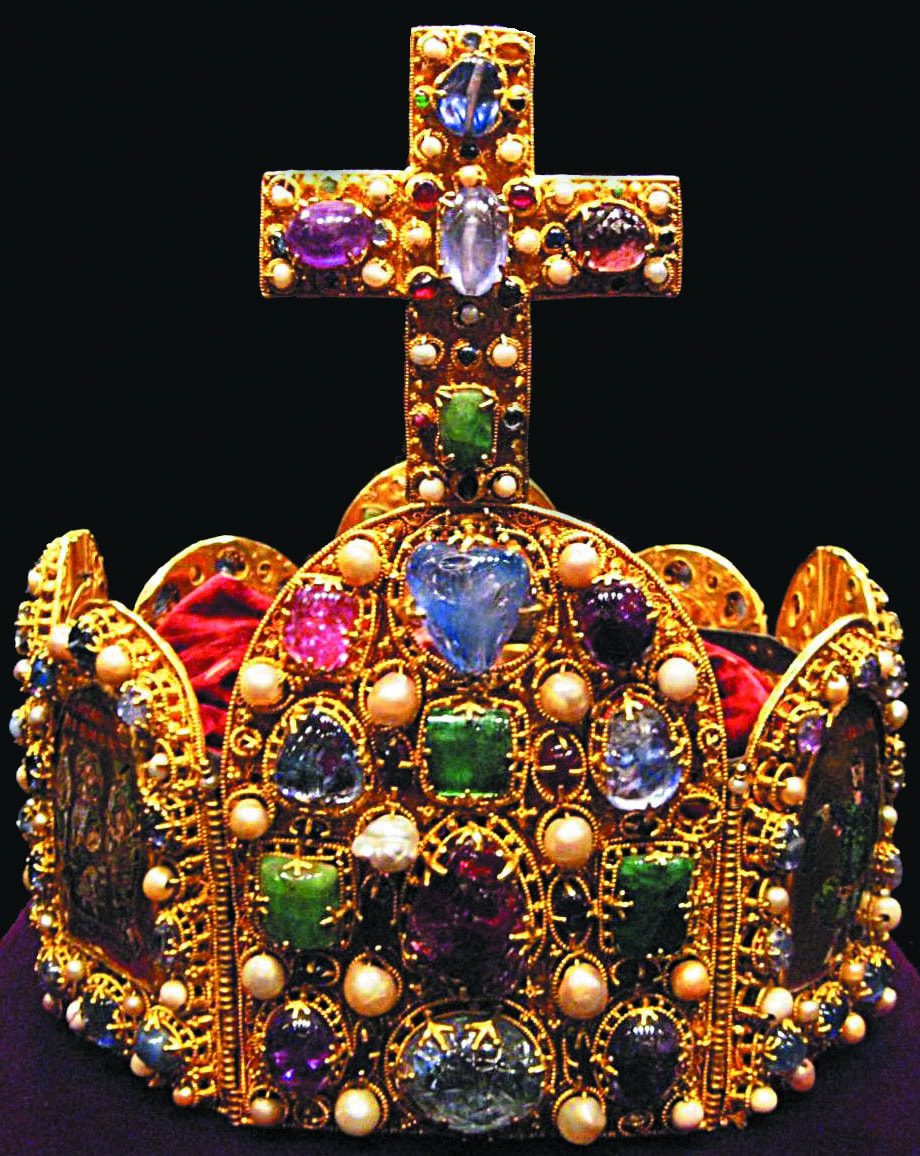
Today, we have almost forgotten the Holy Roman Empire; yet it was the empire that determined the history of Europe for almost a thousand years, and which gave the Germans a common legal framework to develop. This framework—and the shared idea of a Christian Occident—are brought together in the Imperial Crown.

If Brussels wants to keep the project of the EU going, it must abandon its imperial trajectory.